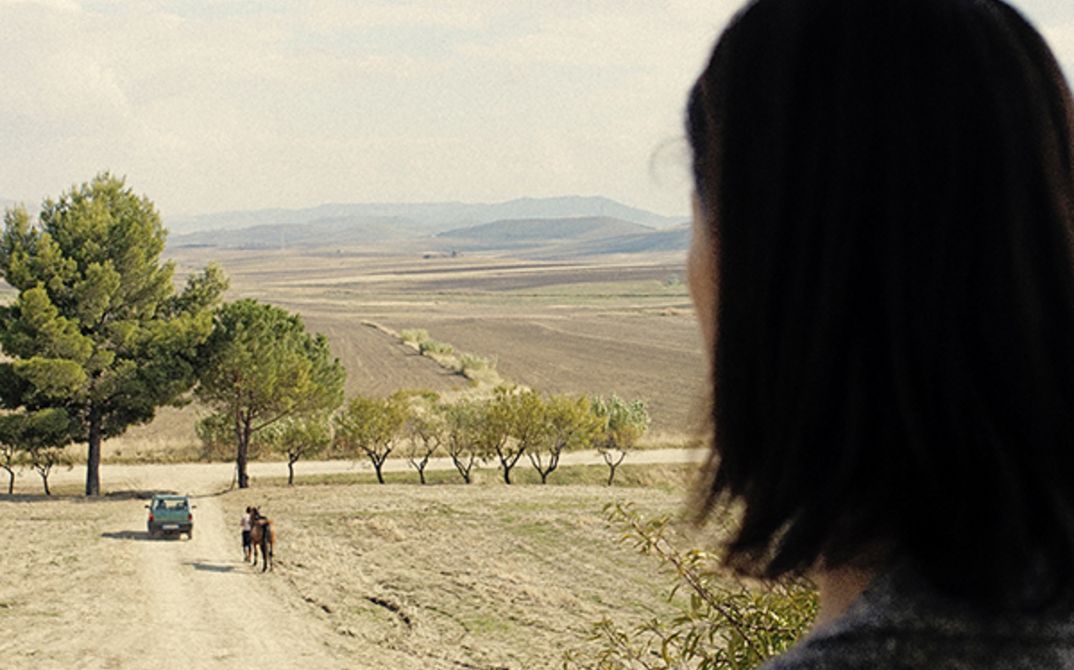79 min. Italian.
The Durati family lead an idyllic, secluded life in the middle of the countryside, surrounded by olive groves. Their daily routines are not particularly spectacular, although the eldest daughter is soon to be married and each of the family members is preparing for the wedding in their own way.
The film makes no secret of the fact that father Enzo, mother Alice, daughter Dora and son Matteo will not survive the coming day. The knowledge of their imminent demise changes how the viewer sees their everyday actions, their plans both big and small. The fragility of life shines through and it almost feels like everything is slowing down. The smallest events are shown from different perspectives, lending them greater significance. The editing, music and tracking shots make the inescapable end appear like a trancelike countdown. Death and manslaughter are common film themes. By concentrating so radically on the “before”, Sara Summa tells the story of a brutal crime in an entirely unique way. Gli ultimi a vederli vivere is much more a tender tale of life than one of death. We’re the last to see them living. (Anna Hoffmann)
Sara Summa was born into an Italian family in France in 1988. She studied film at universities in France, Italy and the USA, including the Sorbonne (Paris) and Brown University (Providence, Rhode Island, USA), as well as the Rhode Island School of Design (USA). Since 2013, she has been studying Film Direction at the German Film and Television Academy Berlin (DFFB). Gli ultimi a vederli vivere is her first feature-length film.
